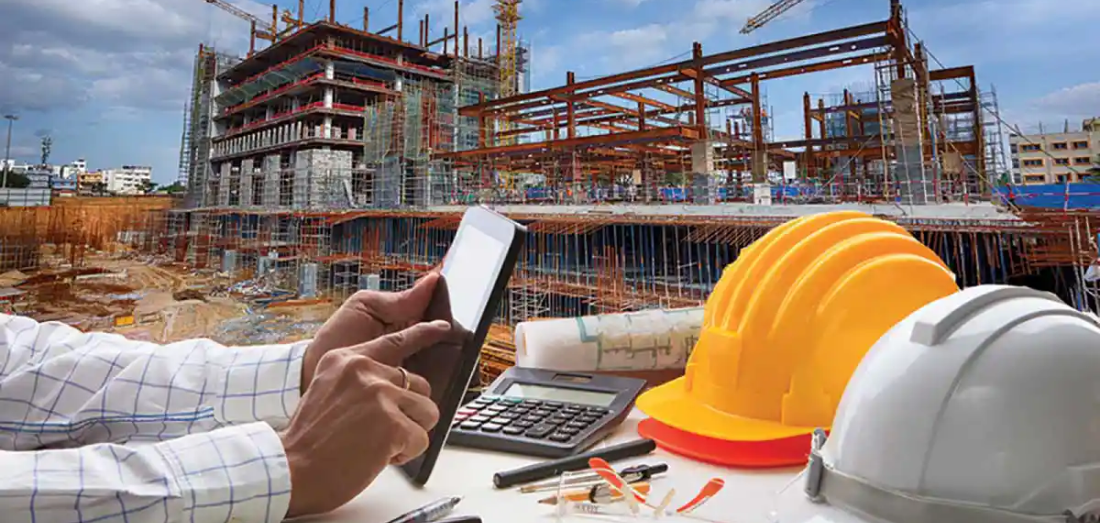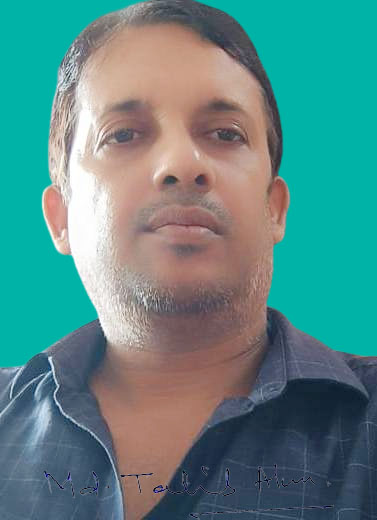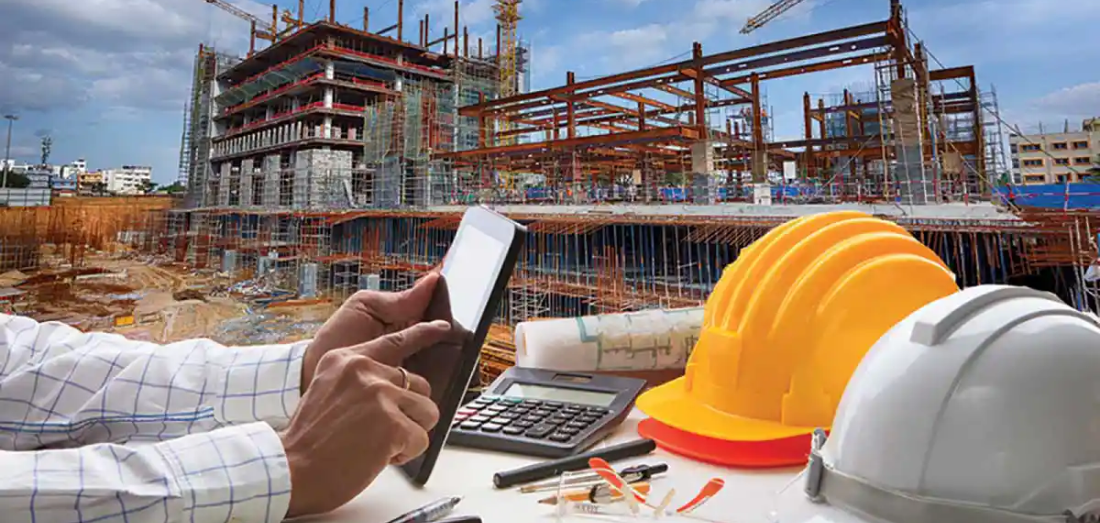Strength of Materials Lab
It is equipped with following machines to conduct tests and to study the physical properties of material such as steel, brick, wood, etc.
-
Universal Testing machine
- Torsion testing machine
-
Impact testing machine
- Hardness testing machine
-
Fatigue testing machine
- Wood tester
- Spring tester
- Tensile Testing Machine
Civil Engineers have a wide range of career options from which to choose. Civil engineers work with construction companies, manufacturing companies, power companies and with consulting engineering firms. Many opportunities for civil engineering employment exist in city, county, state and federal government agencies. "An engineer is someone who is good with figures, but doesn?t have the personality of an accountant"





